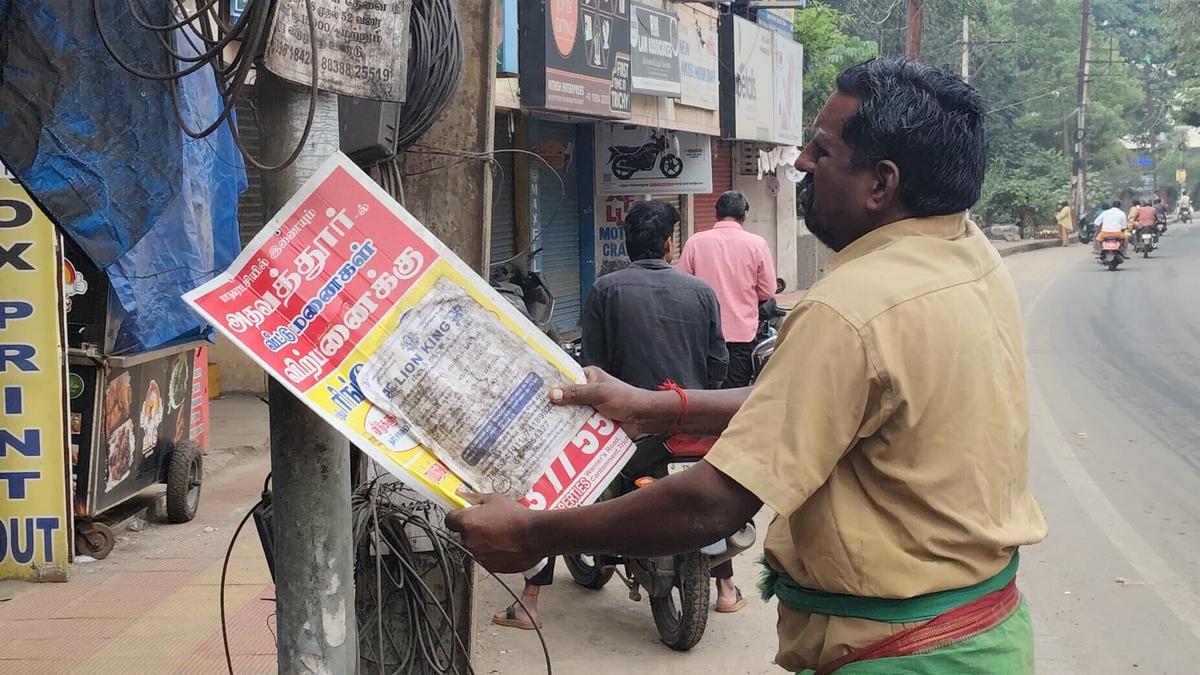
Blind People Decry Changes To Iowa’s Independent-Living Program
A state training initiative ended a requirement that people in the program use sleep shades, or eye masks that block out all light. Former participants say the shades are critical to understanding how much a vision-impaired person can achieve in daily life, especially if the person is newly impaired.
Iowa Public Radio: Blind Iowans Protest Changes To A State Program That Trains People With Limited Vision To Live Independently
Blind Iowans marched outside of the Iowa Department for the Blind in Des Moines Tuesday as they protested changes to a state program that prepares people with impaired vision to live independently. The department recently ended the requirement for blind Iowans to use sleep shades — eye masks that block out all light — while learning to navigate the world without vision at its Orientation Center. (Sostaric, 9/17)
MPR News: Minnesotans Can Now Buy Recreational Cannabis From State’s Medical Dispensaries
Minnesotans can now buy recreational cannabis at non-tribal dispensaries for the first time since legalization in 2023. RISE Dispensaries and Green Goods, the state’s two medical-marijuana providers, began selling adult-use products to customers 21 and over this week. According to the state’s Office of Cannabis Management, both were issued a medical cannabis combination business license on Monday. (Ki, 9/17)
WUSF: Tallahassee Memorial, FSU Reach Deal To Establish Academic Health Center
Under the agreement, FSU and TMH will work with the city of Tallahassee on the transfer of the hospital assets to the university. The partnership needs to be approved by the city commission. Florida State University and Tallahassee Memorial HealthCare have approved the framework of a long-planned partnership that would create an academic health center and slowly rebrand the hospital to FSU Health. (Mayer and Wood, 9/17)
KFF Health News: Health Care Cuts Threaten Homegrown Solutions To Rural Doctor Shortages
Olivia Owlett chose to do her primary care residency in this Northern California college town largely because it faces many of the same health care challenges she grew up with. Owlett is one of four residents in the inaugural class of a three-year family medicine residency program run by the local nonprofit Healthy Rural California. She is the kind of doctor the organization seeks to draw to the far north of California, a region with severe physician shortages. (Wolfson, 9/18)
Los Angeles Times: As California Installs More Artificial Turf, Health And Environmental Concerns Multiply
Fields of plastic, or fake turf, are spreading across the Golden State from San Diego to Del Norte counties. Some municipalities and school districts embrace them, saying they are good for the environment and promote kids’ activity and health. But some cities, including Los Angeles, are considering banning the fields — citing concerns about children’s health and the environment. (Rust, 9/17)
On measles and ticks —
CIDRAP: US Measles Cases Near 1,500 As New Case Confirmed In Chicago Area
Today in its weekly update, the Centers for Disease Control and Prevention (CDC) said there are 1,491 confirmed measles cases in the United States this year in 42 jurisdictions, an increase of 37 cases in the past week. Eighty-six percent of cases have been linked to one of 38 reported outbreaks, and roughly 12% of all case-patients have required hospitalization. Last year the country recorded only 285 measles cases, and 2025 has been the worst year for measles activity in the United States since the virus was officially declared to be eliminated in 2000. (Soucheray, 9/17)
KFF Health News: Ticks Are Migrating, Raising Disease Risks If They Can’t Be Tracked Quickly Enough
Biologist Grant Hokit came to this small meadow in the mountains outside Condon, Montana, to look for ticks. A hiking path crossed the expanse of long grasses and berry bushes. As Hokit walked the path, he carried a handmade tool made of plastic pipes taped together to hold a large rectangle of white flannel cloth. He poked fun at this “sophisticated” device, but the scientific survey was quite serious: He was sweeping the cloth over the shrubs and grass, hoping that “questing” ticks would latch on. (Bolton, 9/18)
This is part of the Morning Briefing, a summary of health policy coverage from major news organizations. Sign up for an email subscription.



